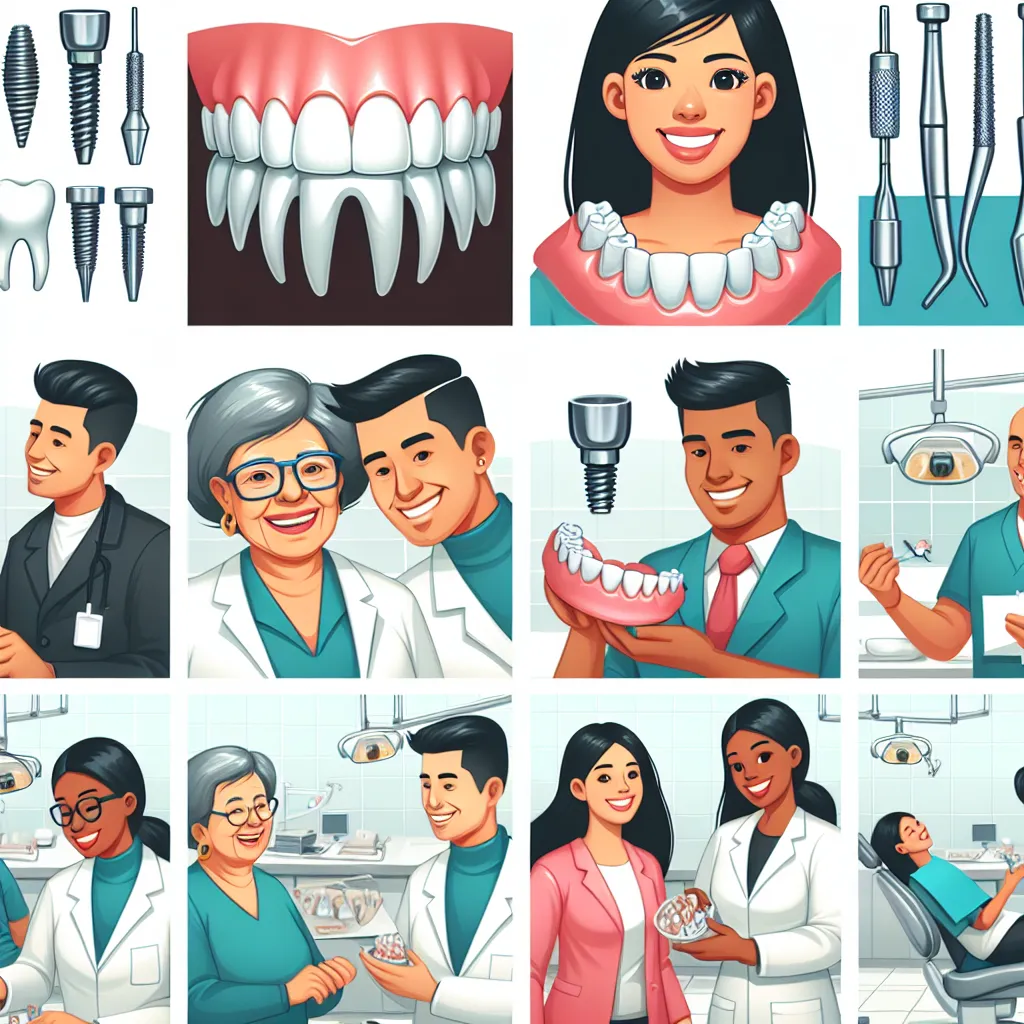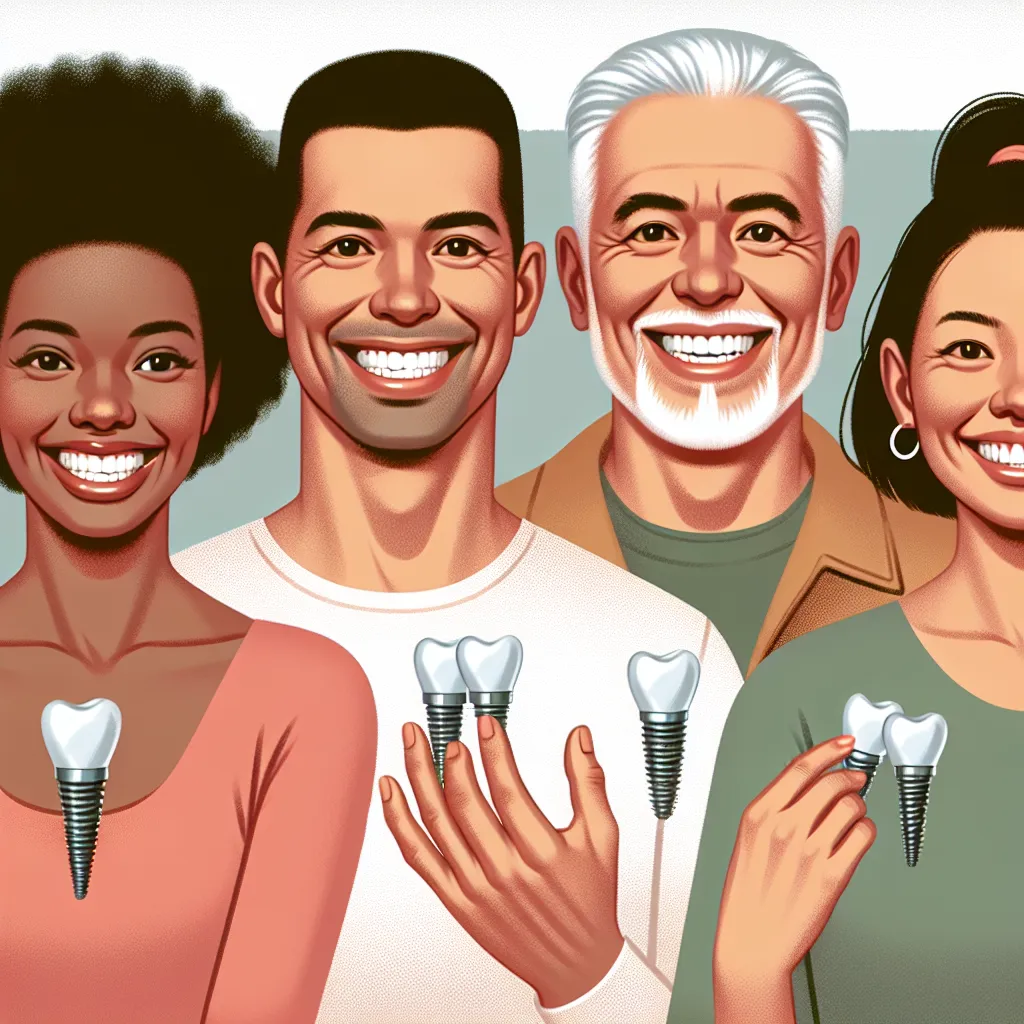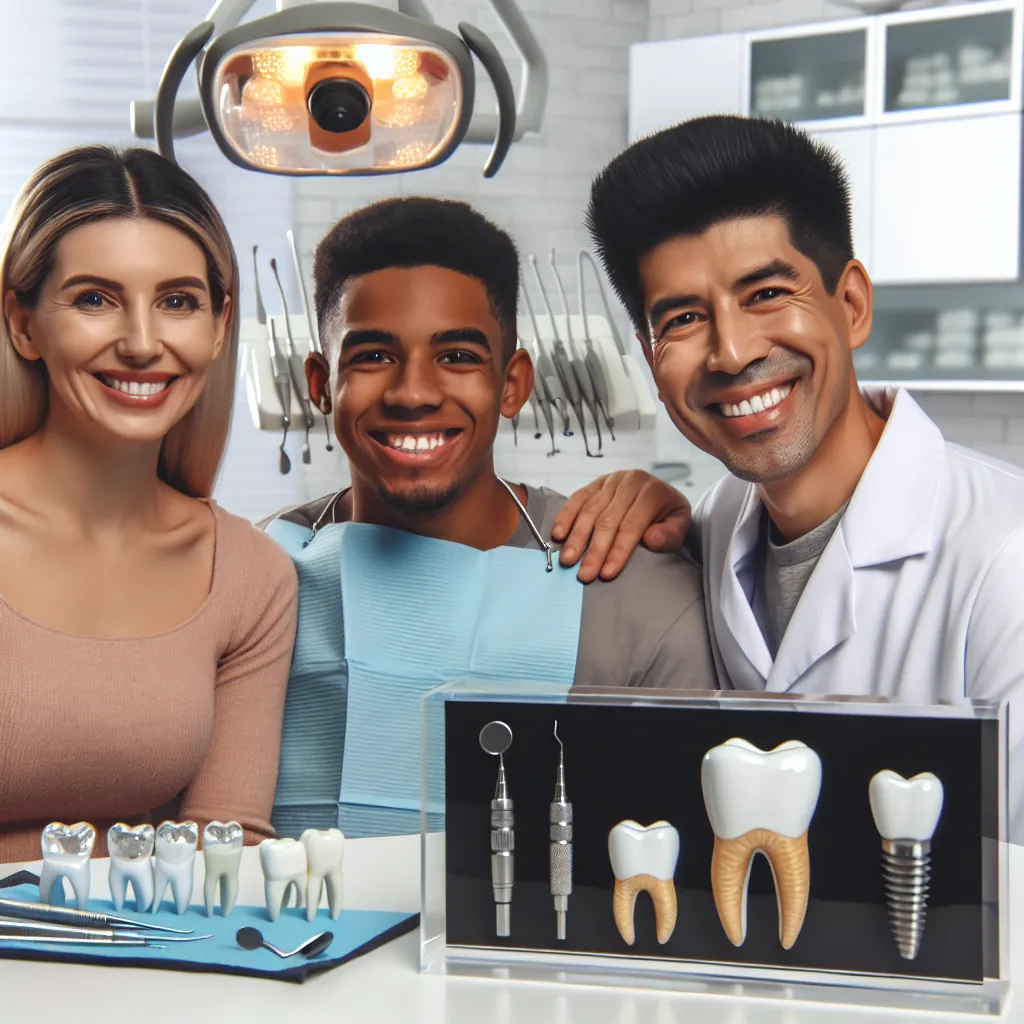Discover how dental implants dentures restore confidence, improve stability, and last decades. Learn if they're right for you today....
Explore how dentures & dental implants can restore your smile, improve confidence, and enhance oral health with long-lasting solutions....
Discover the pros, cons, and differences between dental implants and dentures to find the perfect teeth replacement option for you....
Discover the best options for most affordable dental implants near me. Learn how to get quality, budget-friendly dental implant care today....
Discover the truth about cheap dental implants, including costs, risks, and how to find quality treatment that fits your budget....
Explore how to find dental implants near me low cost without sacrificing quality. Get expert tips on affordable, reliable tooth replacement options....
Learn everything about dental implants near me—how they work, benefits, costs, and how to choose the best local dental implant specialist....
Discover affordable, high-quality reasonable dental implants near me. Learn how to choose the best options for a confident, lasting smile....
Discover how dental implants in elderly patients restore confidence, improve chewing, and preserve jawbone health for a youthful look....
Discover how dental implants for seniors can restore chewing, boost confidence, and preserve bone health—an ideal long-term tooth replacement solution....










